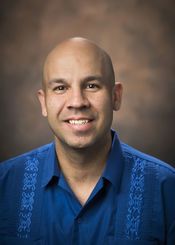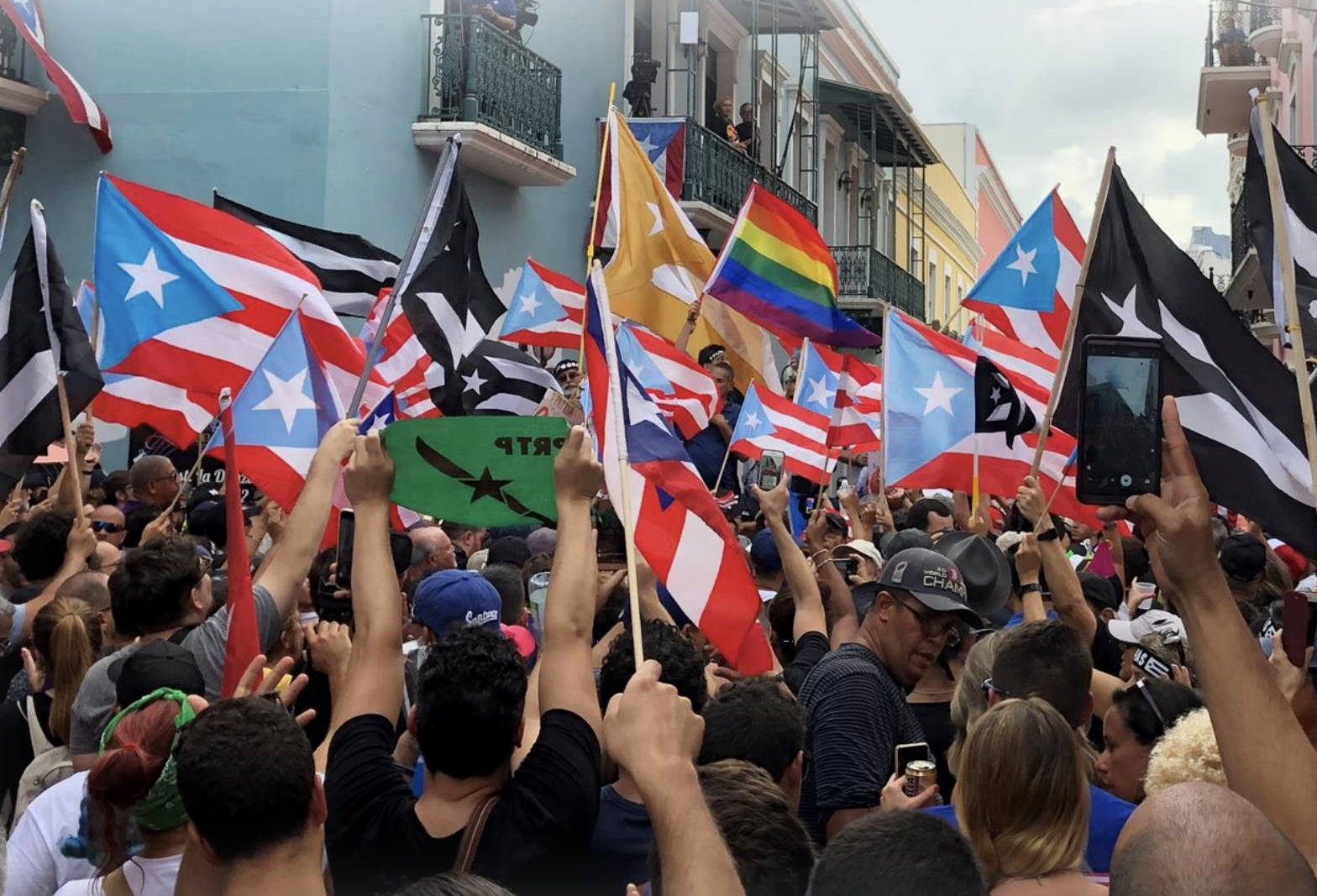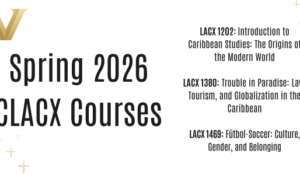Puerto Rico
CLACX affiliated faculty research the culture, history, and politics of Puerto Rico and the Puerto Rican diaspora. They examine questions about identity, political self-determination, and local impacts of global economic processes. CLACX supports Puerto Rican studies, recognizing the field’s broad intersections with the US and Latin America.
Dead Dogs and Dirty Dancing: Protests and Popular Political Theory in Puerto Rico
(working paper)
 Professor Torres Colón examines how Puerto Ricans have responded to the ongoing economic crisis, the passing of Hurricane Maria, and recent political turmoil. Through ethnographic stories of protest and everyday life, which included protesting with perreo (dirty dancing) and the death of a dog in the aftermath of the hurricane, he argues that Puerto Ricans have developed popular political theories that balance nationalist sentiment with knowledge of political economic limitations. Theoretically, he proposes that popular political theories are a form of what William James calls “radical empiricism” because these theories are formed and articulated in the conjuncture of political ideals, social inequality, and lived experience.
Professor Torres Colón examines how Puerto Ricans have responded to the ongoing economic crisis, the passing of Hurricane Maria, and recent political turmoil. Through ethnographic stories of protest and everyday life, which included protesting with perreo (dirty dancing) and the death of a dog in the aftermath of the hurricane, he argues that Puerto Ricans have developed popular political theories that balance nationalist sentiment with knowledge of political economic limitations. Theoretically, he proposes that popular political theories are a form of what William James calls “radical empiricism” because these theories are formed and articulated in the conjuncture of political ideals, social inequality, and lived experience.
A defense of civility in a contentious world | Opinion
 Professor Benigno Trigo of the Department of Spanish and Portuguese notes in The Tennesseean newspaper that “We still live in a world where fruitful, sensitive and caring conversations are possible about matters significant to all.”
Professor Benigno Trigo of the Department of Spanish and Portuguese notes in The Tennesseean newspaper that “We still live in a world where fruitful, sensitive and caring conversations are possible about matters significant to all.”




